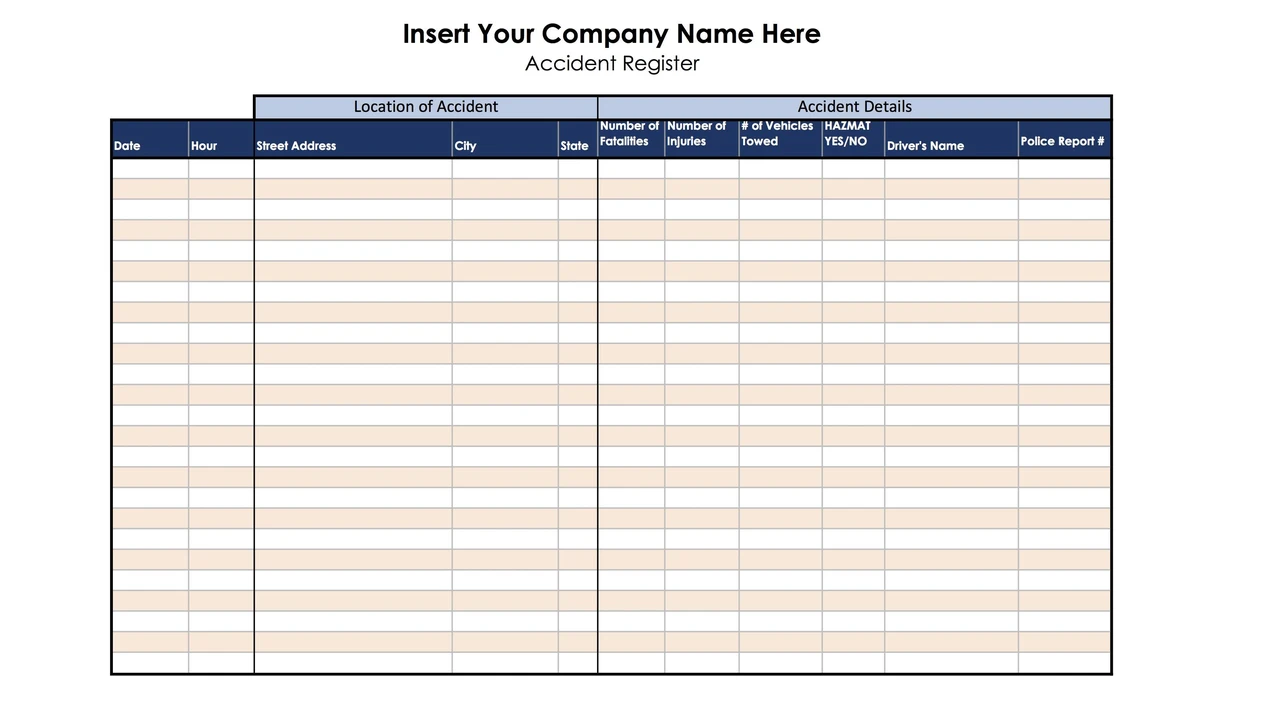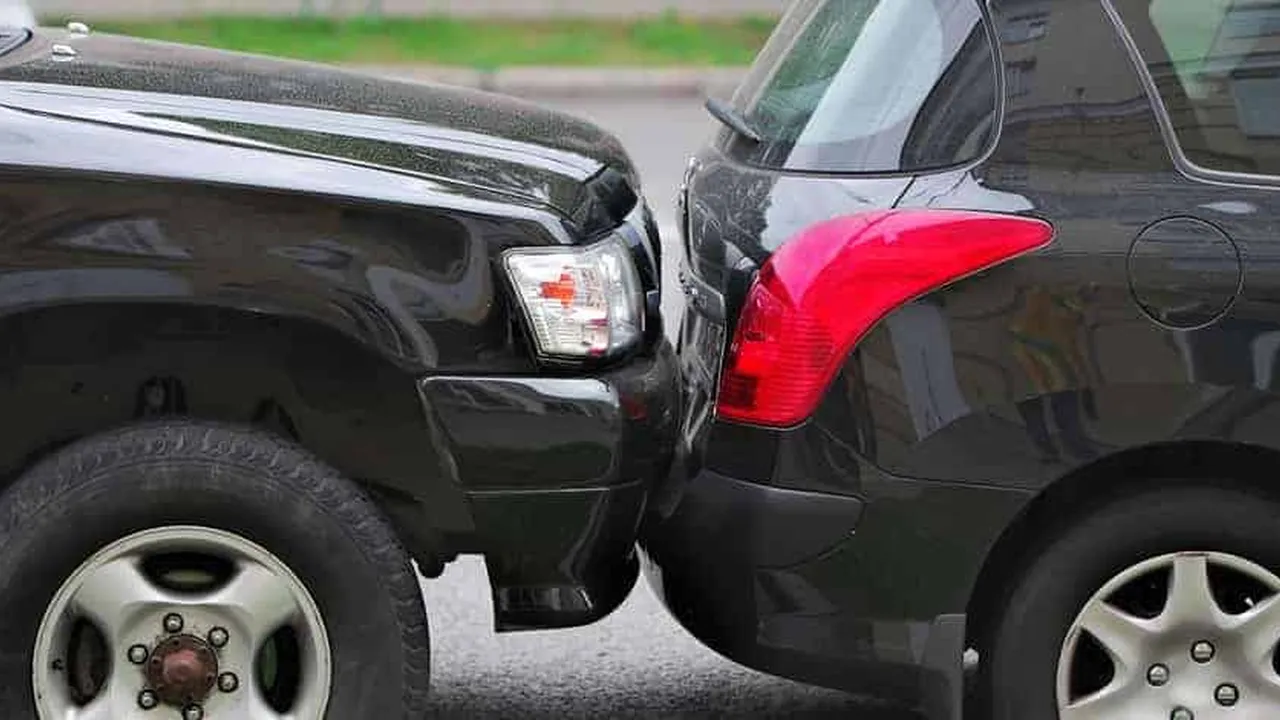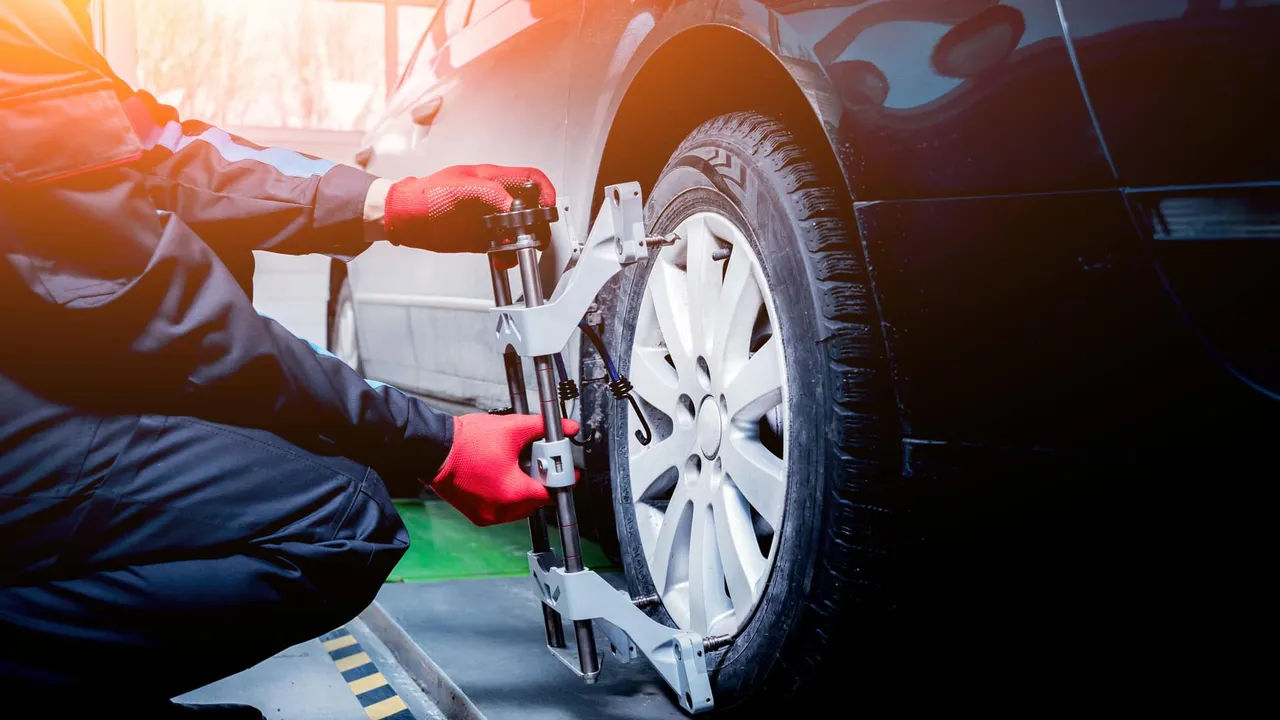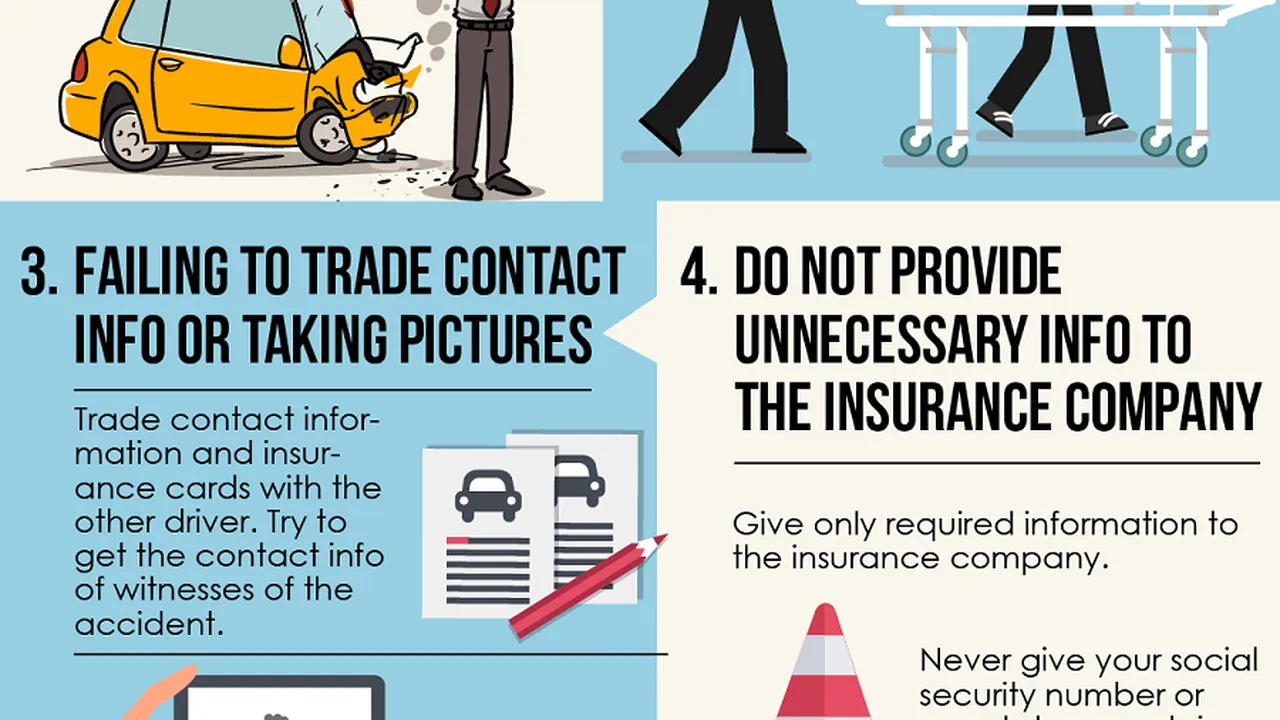Guide: How to File a Complaint Against an Insurance Company
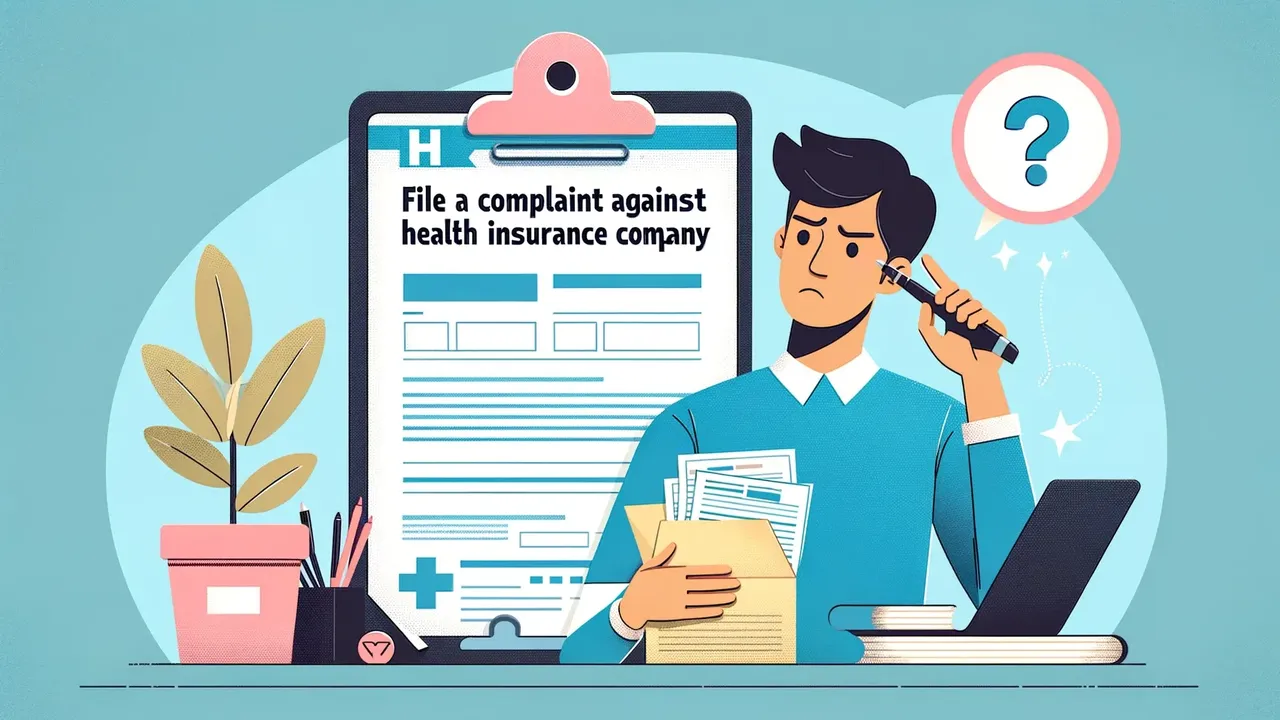
Understanding Your Rights When Filing Car Insurance Claims
Hey there! Dealing with car insurance after an accident can be a real headache, right? You're stressed, your car's damaged, and the insurance company... well, sometimes they don't exactly roll out the red carpet. That's when understanding your rights becomes super important. Basically, you have the right to fair treatment, a timely response to your claim, and a clear explanation if your claim is denied. Knowing this empowers you to push back if things aren't going smoothly.
When to Consider Filing a Formal Complaint Against Your Car Insurance Provider
So, when do you actually need to escalate things to a formal complaint? Think about these scenarios: unreasonable delays in processing your claim, an unfair denial of your claim without a clear explanation, or consistent miscommunication from your insurance adjuster. If you've tried talking to your adjuster and their supervisor, and you're still getting the runaround, it's complaint time. Don't be afraid to stand up for yourself – it's your money and your car we're talking about!
Step-by-Step Guide to Filing a Complaint With Your State Insurance Department
Alright, let's get down to the nitty-gritty. Filing a complaint with your state insurance department isn't as scary as it sounds. First, find your state's insurance department website. A quick Google search for "[Your State] Insurance Department" should do the trick. They usually have an online complaint form you can fill out. Make sure you have all your documentation handy: your policy number, claim number, accident report, and any correspondence you've had with the insurance company. Be clear, concise, and factual in your complaint. Avoid emotional language and stick to the facts. The more organized you are, the better your chances of getting a positive outcome.
Gathering Evidence and Supporting Documentation for Your Car Insurance Complaint
Evidence is king! The more documentation you can provide, the stronger your case will be. This includes: police reports from the accident, photos of the damage to your vehicles, medical bills if you were injured, repair estimates, and any emails or letters you've exchanged with the insurance company. Keep copies of everything! Organize it chronologically so it's easy for the insurance department to review. A well-documented complaint shows you're serious and that you've done your homework.
Crafting a Compelling Narrative in Your Car Insurance Complaint Letter
Your complaint letter is your chance to tell your story. Start by clearly stating the reason for your complaint. Be specific about what happened, when it happened, and who was involved. Outline the steps you've already taken to resolve the issue with the insurance company. Explain why you believe the insurance company is acting unfairly or in violation of your policy. Be polite but firm. End by stating what you want the insurance department to do – for example, investigate your claim, order the insurance company to pay your claim, or mediate a settlement. Proofread carefully before submitting!
Navigating the Insurance Complaint Process Understanding Timelines and Expectations
Okay, you've filed your complaint. Now what? The insurance department will typically review your complaint and forward it to the insurance company for a response. The insurance company will have a certain amount of time (usually 10-30 days) to respond. The insurance department will then review the insurance company's response and determine whether to investigate further. The entire process can take several weeks or even months, so be patient. The insurance department may contact you for additional information or clarification. Keep all your contact information up-to-date and respond promptly to their requests.
Alternative Dispute Resolution Mediation and Arbitration Options for Car Insurance Disputes
Sometimes, even after filing a complaint, you might not get the resolution you're hoping for. That's where alternative dispute resolution (ADR) comes in. Mediation involves a neutral third party who helps you and the insurance company reach a mutually agreeable settlement. Arbitration is a more formal process where a neutral arbitrator hears both sides of the case and makes a binding decision. ADR can be a faster and less expensive alternative to going to court. Check your insurance policy to see if it includes an arbitration clause. Your state insurance department may also offer mediation services.
Legal Recourse When to Consider Hiring a Car Insurance Attorney
If you've exhausted all other options and you're still not getting anywhere, it might be time to consider hiring a car insurance attorney. An attorney can review your policy, investigate your claim, and negotiate with the insurance company on your behalf. They can also file a lawsuit if necessary. Hiring an attorney can be expensive, so weigh the costs and benefits carefully. Look for an attorney who specializes in car insurance claims and has a proven track record of success. Many attorneys offer free consultations, so take advantage of that to discuss your case and get an estimate of their fees.
Specific Car Insurance Products and Scenarios Where Complaints Are Common
Certain types of car insurance claims tend to generate more complaints than others. For example, total loss claims (where your car is completely totaled) can be contentious because the insurance company may try to undervalue your car. Uninsured/underinsured motorist claims (where you're hit by someone who doesn't have insurance or doesn't have enough insurance) can also be complex and lead to disputes. Personal injury claims (if you're injured in the accident) can be particularly challenging, as the insurance company may dispute the extent of your injuries or the reasonableness of your medical bills. Being aware of these common problem areas can help you anticipate potential issues and be prepared to fight for your rights.
Product Review Dash Cams for Evidence in Car Insurance Disputes
Okay, let's talk about some products that can actually *help* prevent disputes in the first place! A dash cam is a small camera that mounts on your dashboard and records everything that happens while you're driving. This footage can be invaluable in proving who was at fault in an accident. Here are a few recommendations:
Best Overall Dash Cam Nextbase 622GW
The Nextbase 622GW is a top-of-the-line dash cam with 4K recording, image stabilization, and built-in GPS. It's great for capturing clear, detailed footage, even in low-light conditions. It also has emergency SOS functionality that automatically alerts emergency services if you're involved in an accident and unresponsive. Price: Around $400.
Use Case: Ideal for anyone who wants the best possible video quality and advanced features for documenting their driving.
Best Budget Dash Cam Vantrue N2 Pro
The Vantrue N2 Pro is a more affordable option that still offers excellent value. It records in 1080p and has both front-facing and interior-facing cameras, making it perfect for rideshare drivers or anyone who wants to record what's happening inside their car. Price: Around $200.
Use Case: Great for budget-conscious drivers and those who need both front and interior recording.
Comparison
The Nextbase 622GW offers superior video quality and advanced features, but it comes at a higher price. The Vantrue N2 Pro is a more affordable option that still provides good video quality and the added benefit of an interior-facing camera. Consider your budget and specific needs when choosing a dash cam.
Product Review GPS Trackers for Monitoring Driving Behavior and Insurance Discounts
Another helpful product is a GPS tracker. Some insurance companies offer discounts for using GPS trackers that monitor your driving behavior. These trackers can also help you recover your car if it's stolen. Here are a couple of options:
Best Insurance Discount GPS Tracker Automatic Pro
The Automatic Pro plugs into your car's OBD-II port and tracks your driving habits, such as speed, braking, and mileage. It can also send you alerts if your car is experiencing mechanical problems. Many insurance companies offer discounts for using Automatic Pro. Price: Around $130.
Use Case: Perfect for drivers who want to save money on their car insurance and monitor their car's performance.
Best Anti-Theft GPS Tracker Tile Pro
The Tile Pro is a small, discreet GPS tracker that you can attach to your car. It uses Bluetooth technology to track your car's location and send you alerts if it's moved. It's not as accurate as a dedicated GPS tracker, but it's a good option for preventing theft. Price: Around $35.
Use Case: Ideal for drivers who want a simple and affordable way to track their car's location and prevent theft.
Comparison
The Automatic Pro is a more comprehensive GPS tracker that offers more features and is compatible with many insurance companies. The Tile Pro is a simpler and more affordable option that's primarily designed for preventing theft. Choose the one that best meets your needs.
Product Review Radar Detectors for Avoiding Speeding Tickets and Potential Insurance Hikes
While not directly related to complaints, radar detectors can help you avoid speeding tickets, which can lead to higher insurance rates. Here are two options:
Best High-End Radar Detector Valentine One Gen2
The Valentine One Gen2 is widely considered the best radar detector on the market. It offers long-range detection, excellent filtering of false alerts, and directional arrows that indicate the direction of the radar source. Price: Around $500.
Use Case: Best for serious drivers who want the best possible protection against speeding tickets.
Best Budget Radar Detector Uniden R3
The Uniden R3 is a more affordable option that still offers good performance. It provides decent range and filtering, and it's easy to use. Price: Around $300.
Use Case: A good choice for drivers who want a reliable radar detector without breaking the bank.
Comparison
The Valentine One Gen2 offers superior performance and features, but it comes at a premium price. The Uniden R3 is a more affordable option that still provides good protection against speeding tickets. Consider your budget and driving habits when choosing a radar detector.
Understanding the Impact of Complaints on Your Car Insurance Premiums
Filing a complaint against your insurance company shouldn't directly affect your premiums. However, if the complaint reveals issues with your driving record or your car's condition, that *could* indirectly impact your rates. For example, if the insurance department discovers that you were at fault in the accident but didn't report it, your premiums could go up. So, while filing a complaint is your right, be aware of the potential consequences.
Tips for Maintaining a Positive Relationship With Your Car Insurance Company
Even though you might need to file a complaint, it's always a good idea to try and maintain a positive relationship with your insurance company. Be polite and respectful when communicating with your adjuster. Provide them with all the information they need in a timely manner. And try to resolve any disputes amicably before resorting to a formal complaint. A little bit of courtesy can go a long way.
Common Mistakes to Avoid When Filing a Car Insurance Complaint
Here are a few common mistakes to avoid when filing a complaint: being emotional or accusatory, failing to provide sufficient documentation, exaggerating the facts, and not following up with the insurance department. Remember, be clear, concise, and factual in your complaint. And be patient – the process can take time.
Resources and Organizations That Can Assist You With Car Insurance Complaints
There are several resources and organizations that can help you with car insurance complaints. Your state insurance department is the primary resource. You can also contact consumer advocacy groups like the Consumer Federation of America or the National Association of Insurance Commissioners. These organizations can provide you with information, advice, and assistance in resolving your dispute.
:max_bytes(150000):strip_icc()/277019-baked-pork-chops-with-cream-of-mushroom-soup-DDMFS-beauty-4x3-BG-7505-5762b731cf30447d9cbbbbbf387beafa.jpg)



